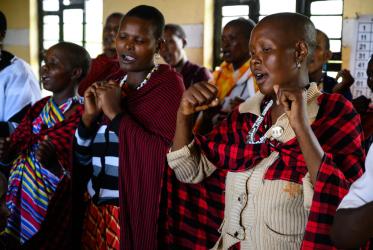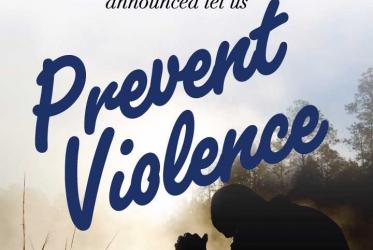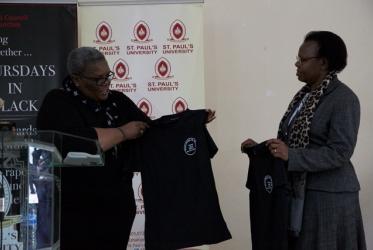Displaying 1 - 15 of 15
Young Africans are eager to grapple with challenges
09 January 2020
#WCC70: Churches as “freedom agents”
12 February 2018
Preventing incitement to violence which could lead to atrocity crimes in Africa
09 - 11 May 2016
Addis Ababa, Ethiopia
Overcoming discrimination to address HIV in Zimbabwe
11 November 2015










